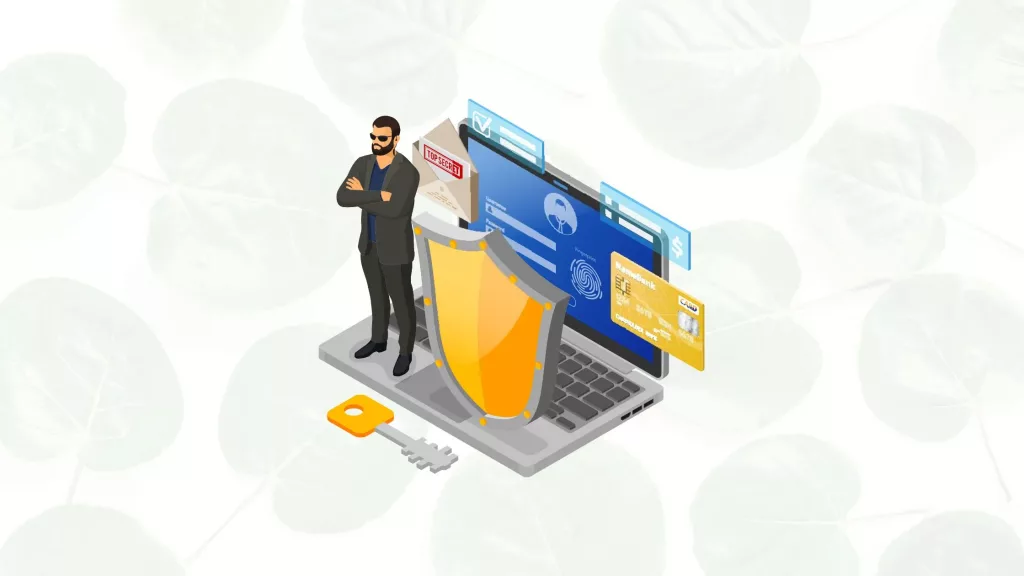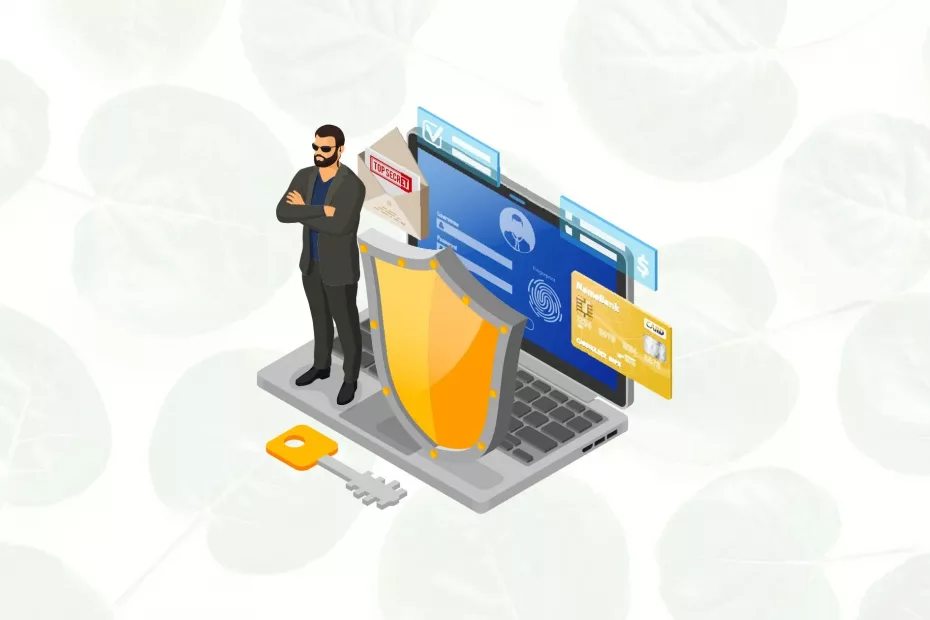Personal data protection this magic phrase has been pummeling us from all directions for years. Perhaps to the point of making us shrug off the need to protect our privacy. We covered earlier on What data Different Social Medias keep on us. Why would anybody target us? This kind of thinking doesn’t pay off. Anybody can be targeted to make money by draining their bank account, robbing their house, or humiliating them in front of their neighbors, colleagues, friends, or family.
However, personal data isn’t usually stolen from a single person, or a dozen or even a hundred people at a time. But instead by tens of thousands or even millions of people at a time. Personal data is then sold in bulk on the dark web. An example: take the story of the company Cambridge Analytica during the 2016 U.S presidential election. 87 million facebook users had their profile and political information stolen, along with their friend networks and private messages for the purpose of influencing the public opinion. thereby the election outcome. Many believe this manipulation of the robbed users affected the presidential election.

What is Personal Data?
What does it actually mean & how should we take care to protect?
A good measure is protecting the following things.
- Names
- Addresses
- Employment Information
- Insurance Information
- ID numbers
- Phone numbers
- Credit Card Details
- Passwords/PIN Codes
- Date of Birth and important dates
- Photos & Videos
It also includes political views, hobbies, and places you have visited. Services you use, stores where you shop, and the goods you buy there. Your routes, from the one you take to work to your children’s school and so on.
How To Protect Personal Data
Before giving you tips on how to protect your personal data, let’s ask the question if it’s even possible to protect all the information about yourself and your loved ones?
Unfortunately the answer is no. You can’t become invisible. Your personal data is kept by many organizations. Like your employer, your children’s school, various government institutions etc. Your bank knows where you shop and how much you spend there, your health insurer knows what illnesses you have and what medications you take.
In the case of institutions which keep your sensitive personal data in accordance with the law, we have no choice but to believe their system is secure. However, the fact that all our sensitive data is in various places and we have no control over it should be absolutely no reason for us to give up on protecting our privacy. The risk that a hacker will break into one of our banks is much lower than the risk that our own actions will cause us trouble. Such as falling victim to an apartment robbery or having work documents wind up stolen causing a company to go bankrupt. So how can we protect our online privacy? According to some sources, these are the best measure:
- When filling out online forms, leave out information that isn’t required. Don’t fill out every form that’s requested of you, only the ones that are necessary.
- Don’t make your private photos and videos public. Never share any vacation photos captioned with their location if you are really there in person. Back up the data from your phone and computer regularly. Preferably to two different devices. Use an antivirus program on both your phone and computer.
- If a web service allows it, use two-factor authentication. Don’t send sensitive information over public wi-fi.
- Read the terms of use on the apps you install on your phone.
- There is no reason for a children’s game to have access to your child’s contacts, messages and pictures.
- Use cloud storages with caution; they are hackable too.
- Always use a strong password that you don’t tell anyone,get a password manager instead.
Final Thoughts
Personal data protection seems like an infinite and inexhaustible global topic. January 28th is the international data protection day. In 2018 the European Union enacted the general data protection regulation (aka gdpr). The fact that international institutions consider it necessary to address data privacy shows the importance of personal data protection in modern life. However, don’t rely on others to protect it for you you must do your own part you might as well start right now because personal data has become a more valuable market commodity than crude oil!
For More On Data, look up datafifty.com
